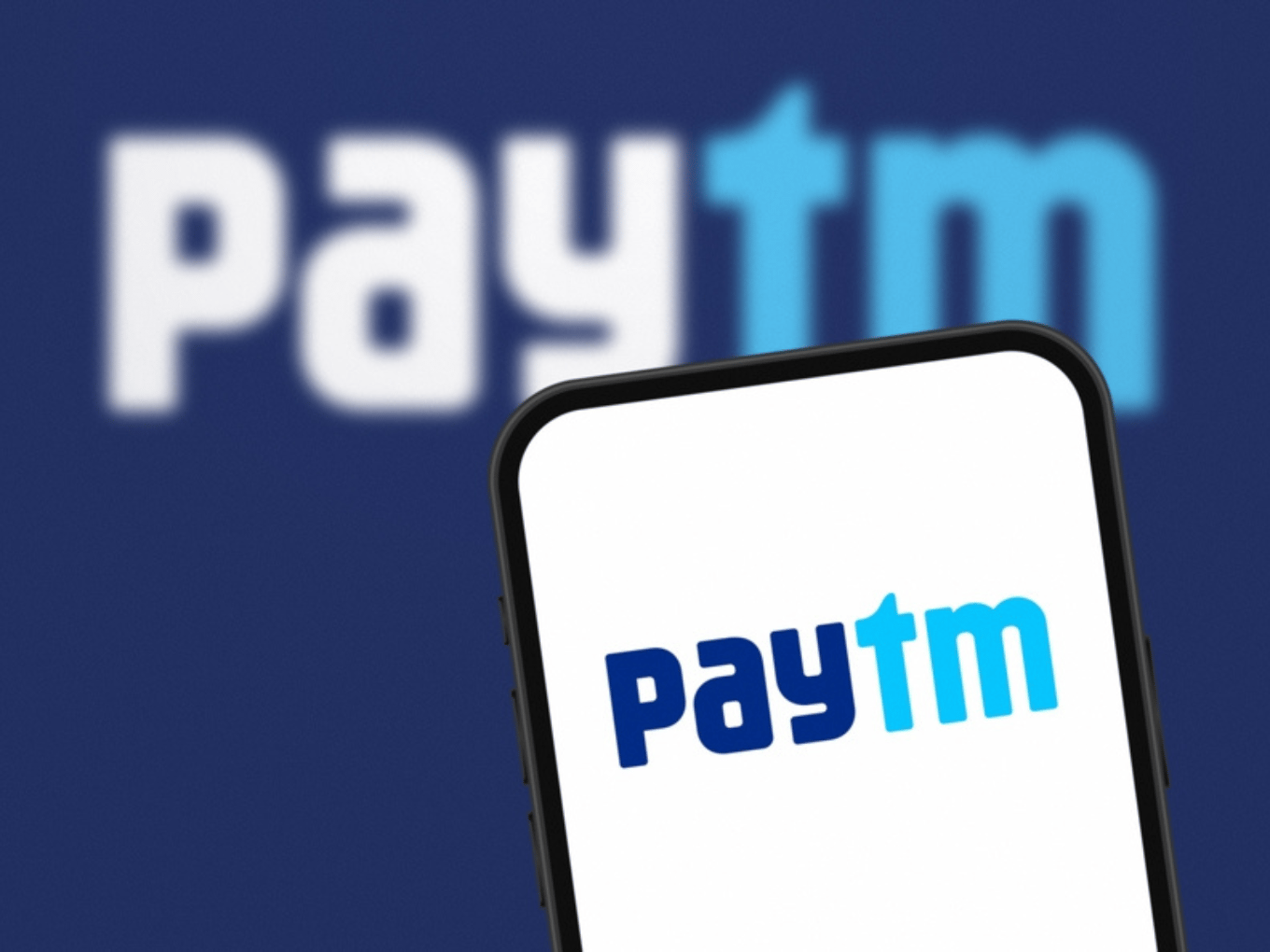Inc42
1M
383

Image Credit: Inc42
Paytm Shares Slump 10% After Govt Dismisses MDR Speculation
- Paytm's parent company, One97 Communications saw its shares drop by 10% to INR 864.40 following the finance ministry's clarification regarding the introduction of a merchant discount rate (MDR) on UPI transactions.
- The finance ministry dismissed reports about MDR on UPI transactions above INR 3,000 as false and misleading, causing negative investor sentiment.
- AN global brokerage firm UBS suggests that even a small MDR contribution could help Paytm's net payment margins, but without such changes, there might be a downside risk to adjusted EBITDA estimates.
- At midday, Paytm shares recovered slightly, trading 5.6% lower at INR 905.90 on the BSE with market capitalization at INR 57,788.14 Cr.
- Paytm also approved ESOP grants for eligible employees and noted lapsed stock options.
- Paytm's stock history includes a debut in November 2021 with subsequent price fluctuations influenced by market sentiment and regulatory actions such as RBI's crackdown on Paytm Payments Bank.
- The company made strategic shifts, selling off non-core businesses, focusing on financial services, and targetting profitability by Q1 FY26.
- Recent partnerships and initiatives by Paytm aim at boosting revenue and profitability, such as offering card machines to merchants and UPI-enabled trading facilities for retail investors.
- Paytm's Q4 FY25 performance showed a flat net loss YoY at INR 544.6 Cr, with a focus on achieving profitability in the coming quarters.
- Operating revenue for Q4 FY25 dipped 19% YoY to INR 1,911.5 Cr, although sequentially, there was a 5% growth in revenue.
Read Full Article
23 Likes
For uninterrupted reading, download the app